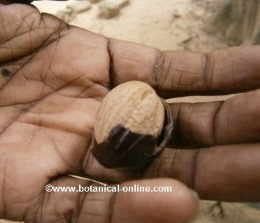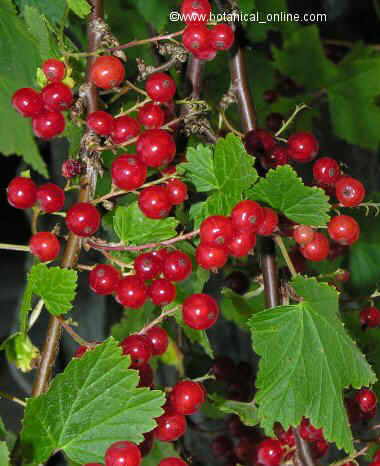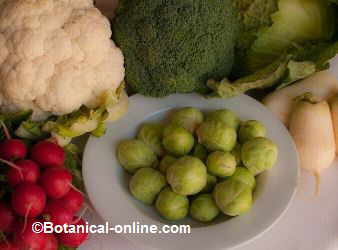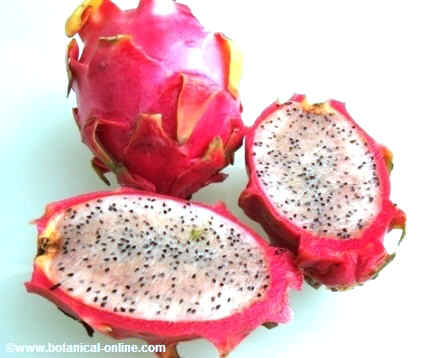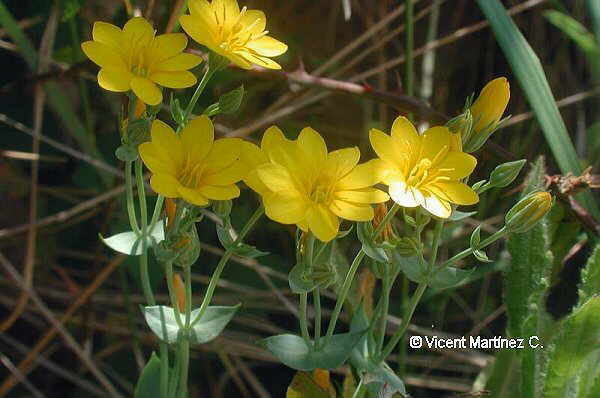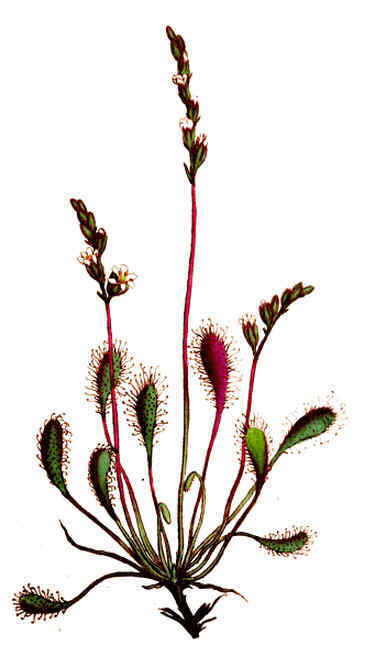Contents
Side effects of eating sugar cane
What is sugarcane and how is it consumed?
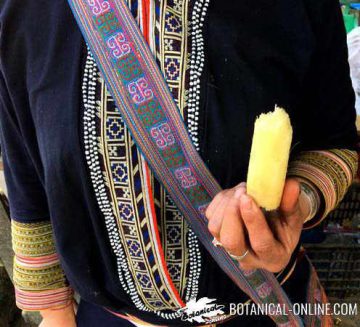
Sugarcane (Saccharum officinarum L.) is a very common natural sweet in those regions of the planet where it is grown and consumed as food. Outside of its production areas, sugar cane is practically only known for its use in the cane sugar production process.
Is sugar cane toxic?
In humans, sugarcane molasses in large quantities can cause diarrhea, renal colic, and kidney irritation.
The component that the plant contains that is likely to cause such irritation is hydrocyanic acid, prussic acid or hydrogen cyanide, a known toxic (cyanide) that is also found in other inedible seeds, such as peach seeds or seeds of other rosaceae.
Toxic effects of fresh sugar cane or molasses
It is found in certain toxicological studies that fresh sugar cane has known teratogenic effects and therefore its consumption in pregnancy is not recommended.
Sugar cane poisoning has been described in animals that were fed forage containing it. Horses are especially vulnerable. There are cases of horses that, fed with a kilo of sugar cane a day for 3 weeks, were seriously intoxicated (lethal). For the same reason, unrefined molasses are not added to the forage either.
At the crop level, the sugarcane plant contains hydrocyanic acid, a toxic substance known to stimulate mutations in plant chromosomes (aneuploidy and polyploidy).
Harmful effects of sugar
Sugarcane is refined to obtain sugar, a tabletop sweetener and almost universal ingredient used throughout the world for sweetening. There are many types of sugars.
Sugary products have been shown to increase the risk of obesity, diabetes, osteoporosis, hypertension, and cardiovascular risk.
![]() More information on sugar cane
More information on sugar cane


